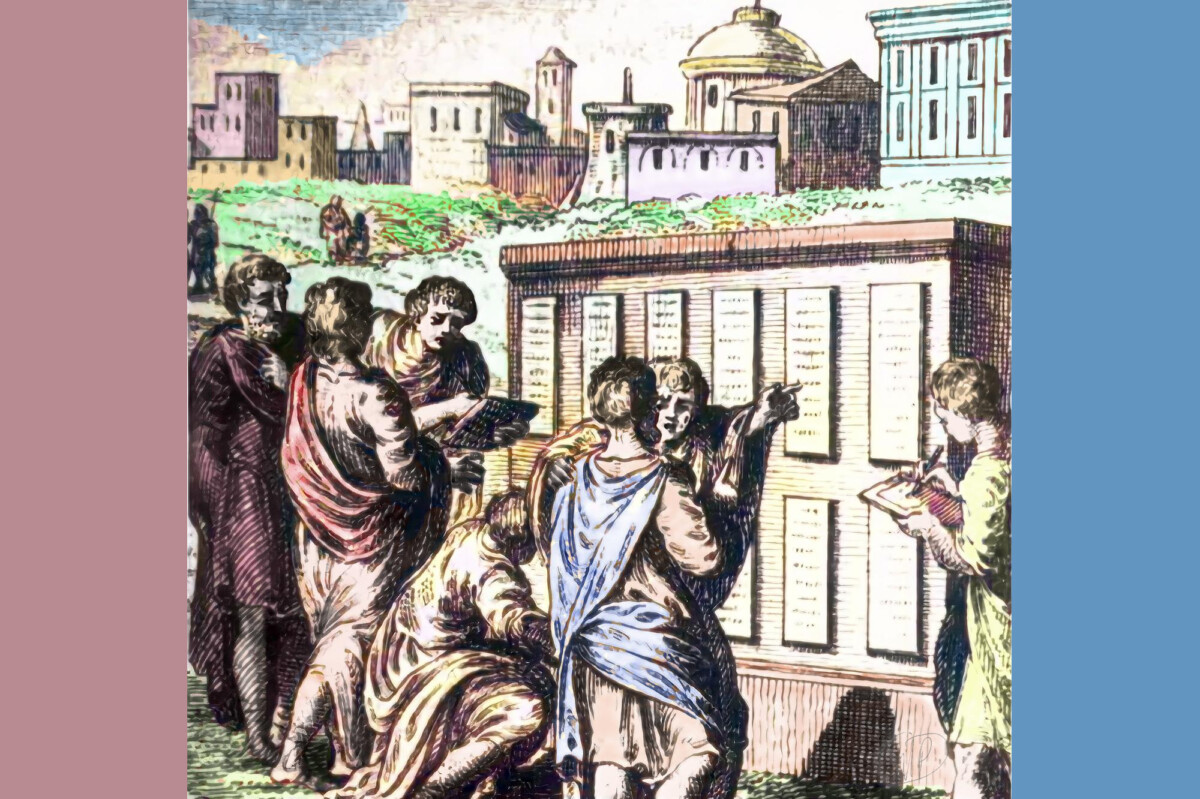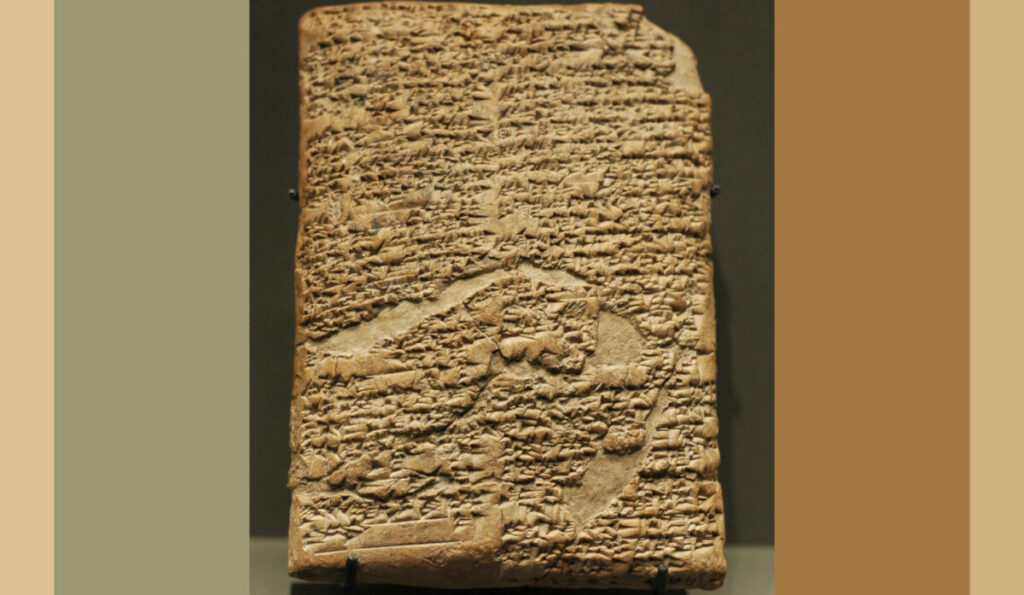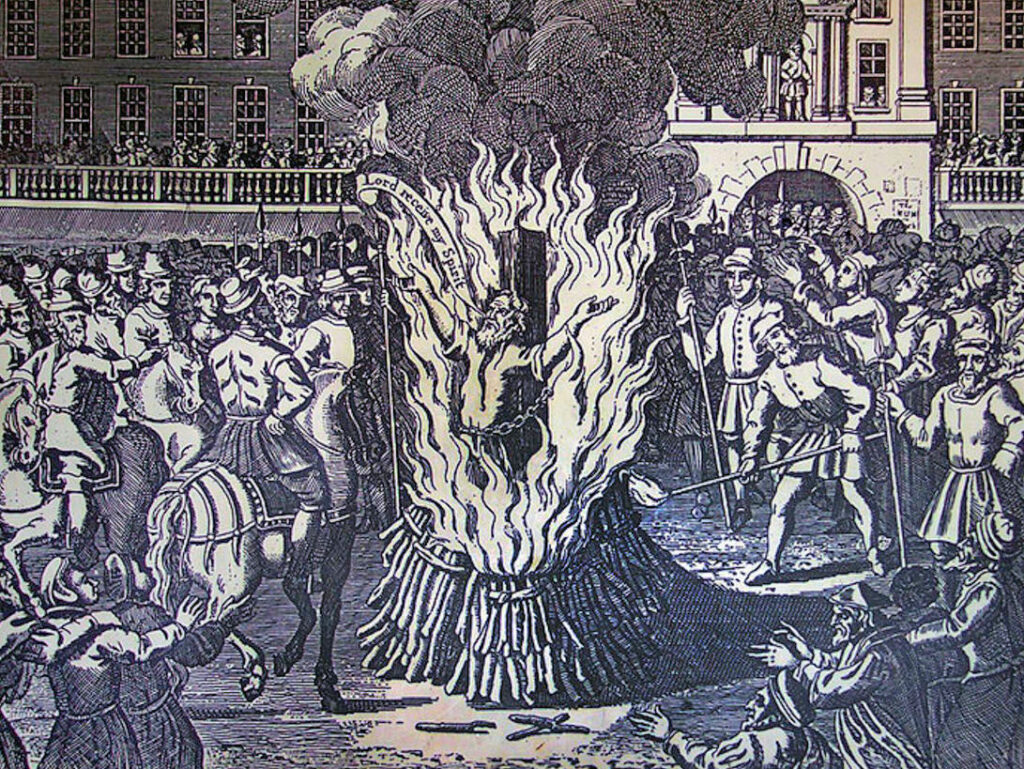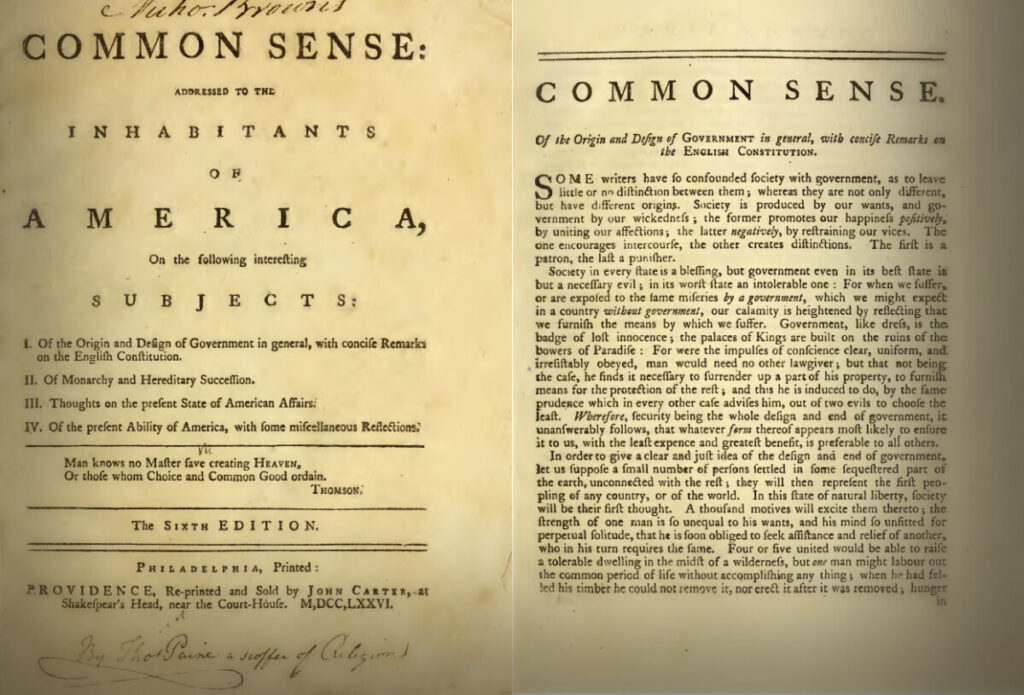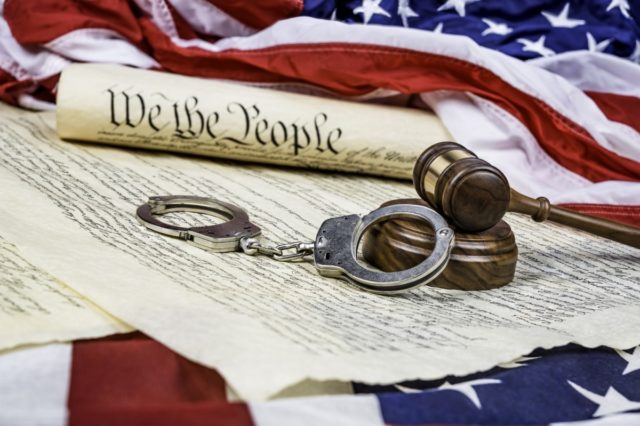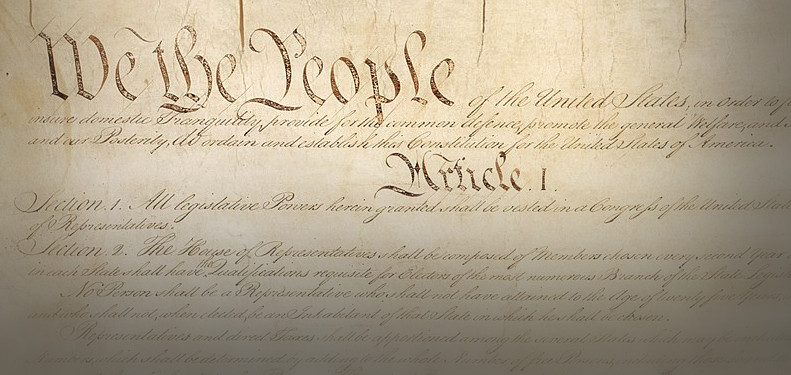Law of the Twelve Tables
The Twelve Tables were rules citizens had to follow, and limits on the powers of the government. This idea was used several times during Roman history to force the Patricians, aristocrats, to consider the views of the plebeian citizens, commoners. In 451 BCE, plebeians went on strike to protest the tyranny of magistrates. The Twelve […]
Law of the Twelve Tables Read More »

